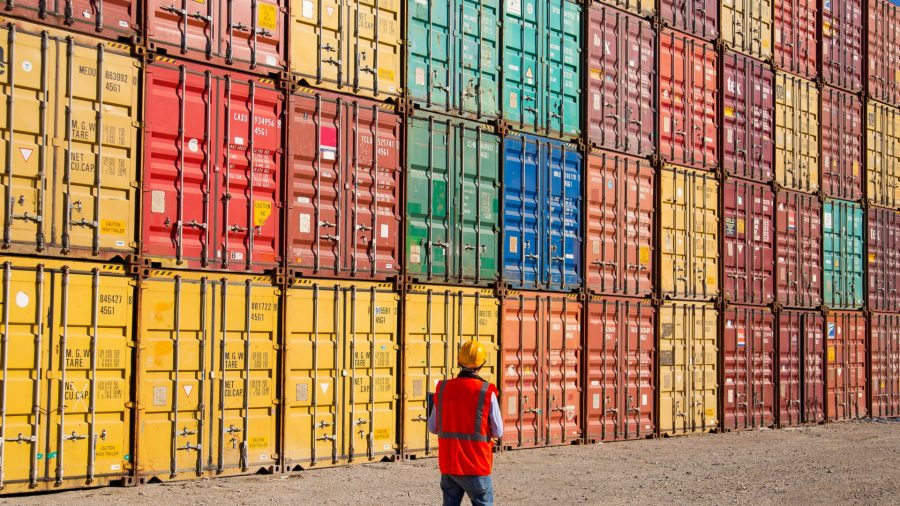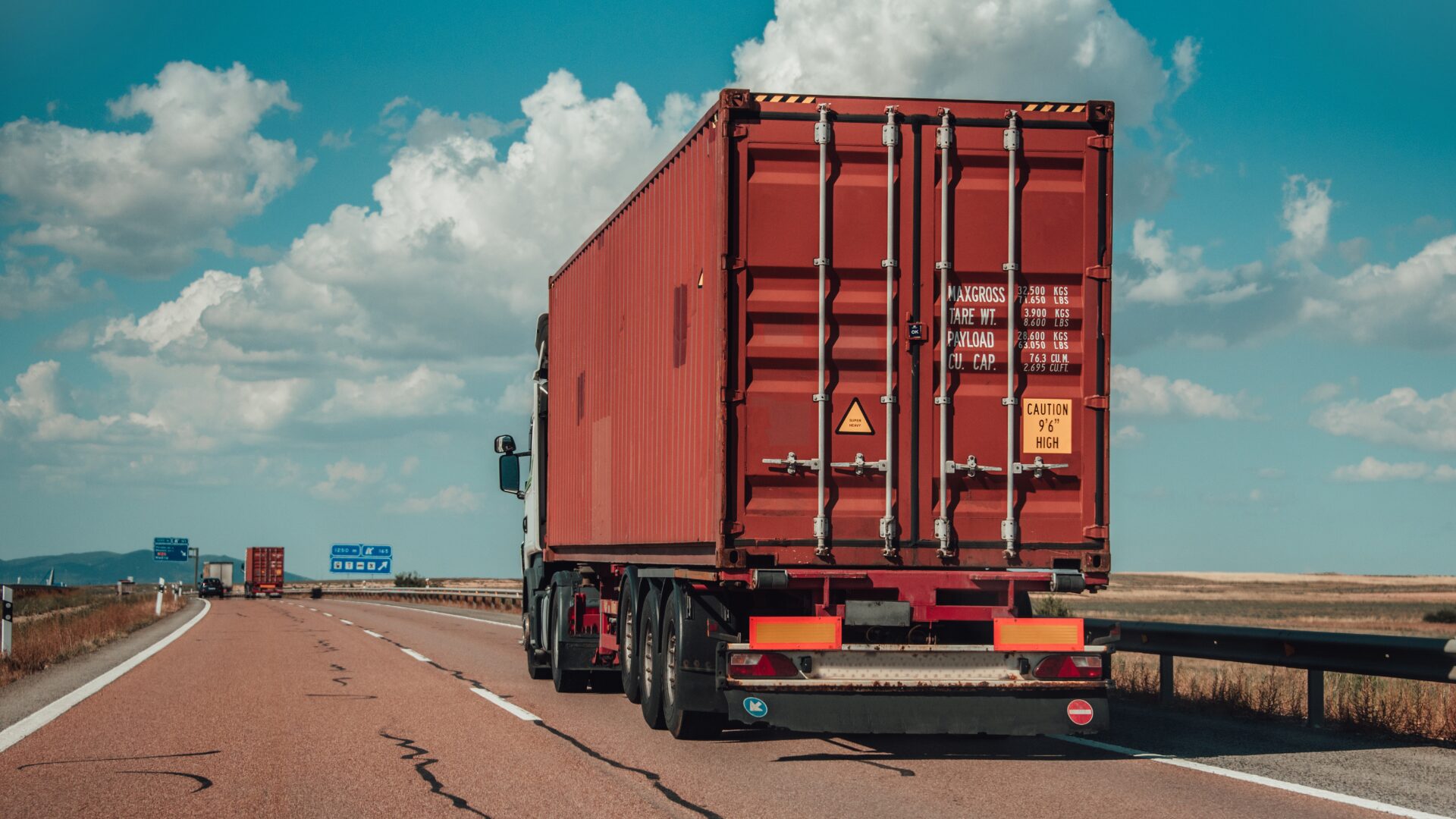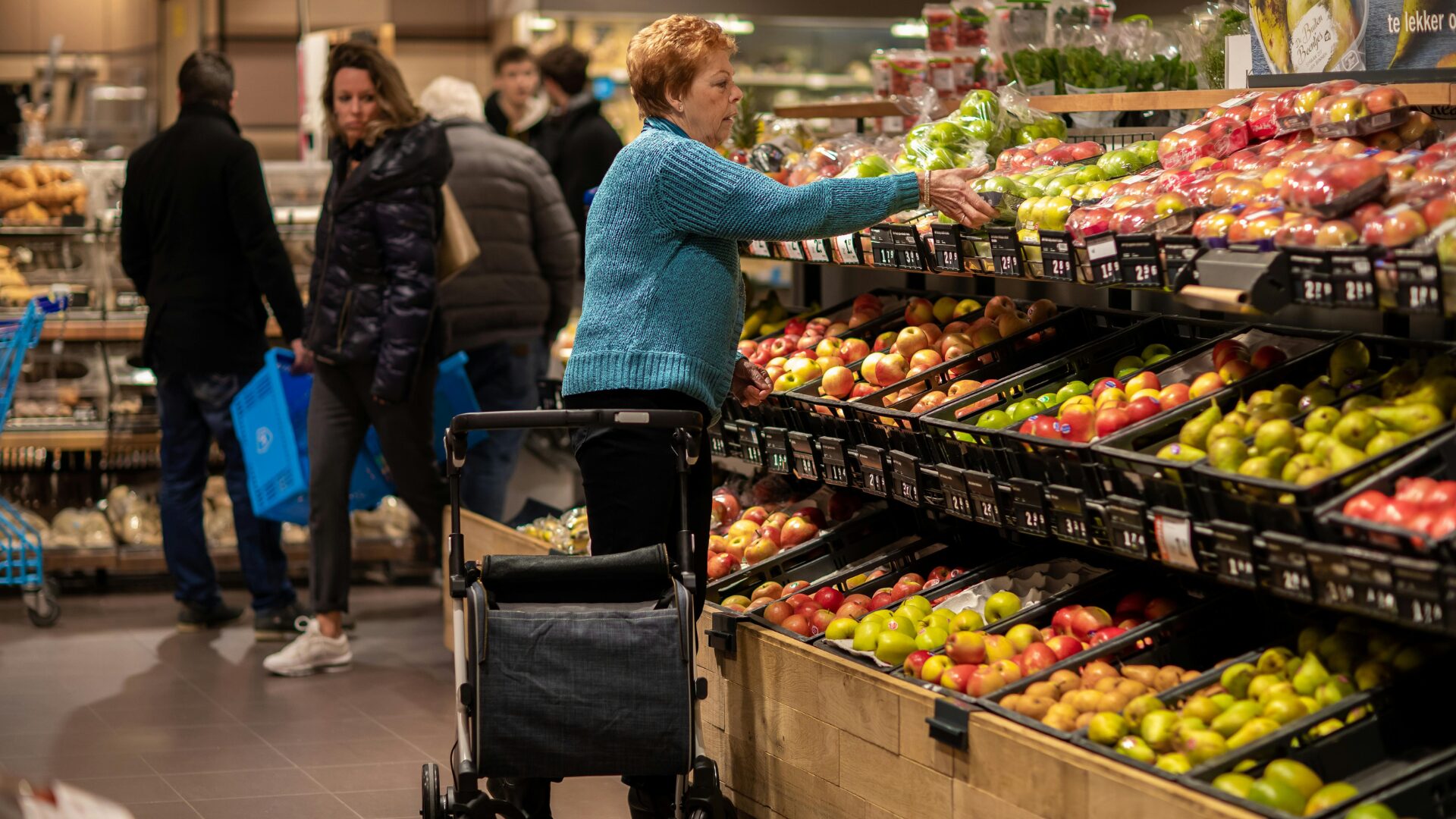Seventy-two percent of CEOs are worried about losing their jobs in 2022 due to business disruptions, such as supply chain issues, according to a new survey by management consulting firm AlixPartners. Notably, that figure spiked from just 52% in 2020, reported Bloomberg (Dec. 27).
The 72% figure aligns with the 94% of bosses who say their corporate models need to be overhauled within three years.
SUPPLY CHAIN, LABOR OUTWEIGH COVID CONCERNS
In addition to supply chain, the labor market and digitization topped executives lists of concerns. Interestingly, those concerns outweigh COVID worries, even with the pandemic still raging throughout much of the world. COVID was not listed among the top 10 concerns for executives. Just 3% of executives cited the virus as their main worry.
Freakley theorized that leaders who were relieved to survive 2020 with their businesses intact discovered in 2021 that, instead of pressures subsiding, they were still facing the ongoing pandemic even as shareholders demanded growth.
CURRENT SUPPLY CHAIN CONCERNS
Logistics businesses in California’s Inland Empire are battling to bring on and keep workers amid the U.S.’s tightest labor market in years, reported The Wall Street Journal (Dec. 22).
Shipping-industry officials say warehouse labor shortages have made congestion at ports, already swamped with containers, worse because the warehouses can’t unload goods and trucks fast enough.
Meanwhile, with only a quarter of sailors vaccinated, the ongoing omicron variant surge has complicated crew changes at busy cargo ports, The Wall Street Journal also reported (Dec. 25).
Many ports in Asia require seafarers to wait seven to 10 days prior to disembarking to ensure they aren’t infected with the virus. Additionally, sailors traveling to port cities to start contracts are getting blocked at border crossings that require proof of full vaccination.












